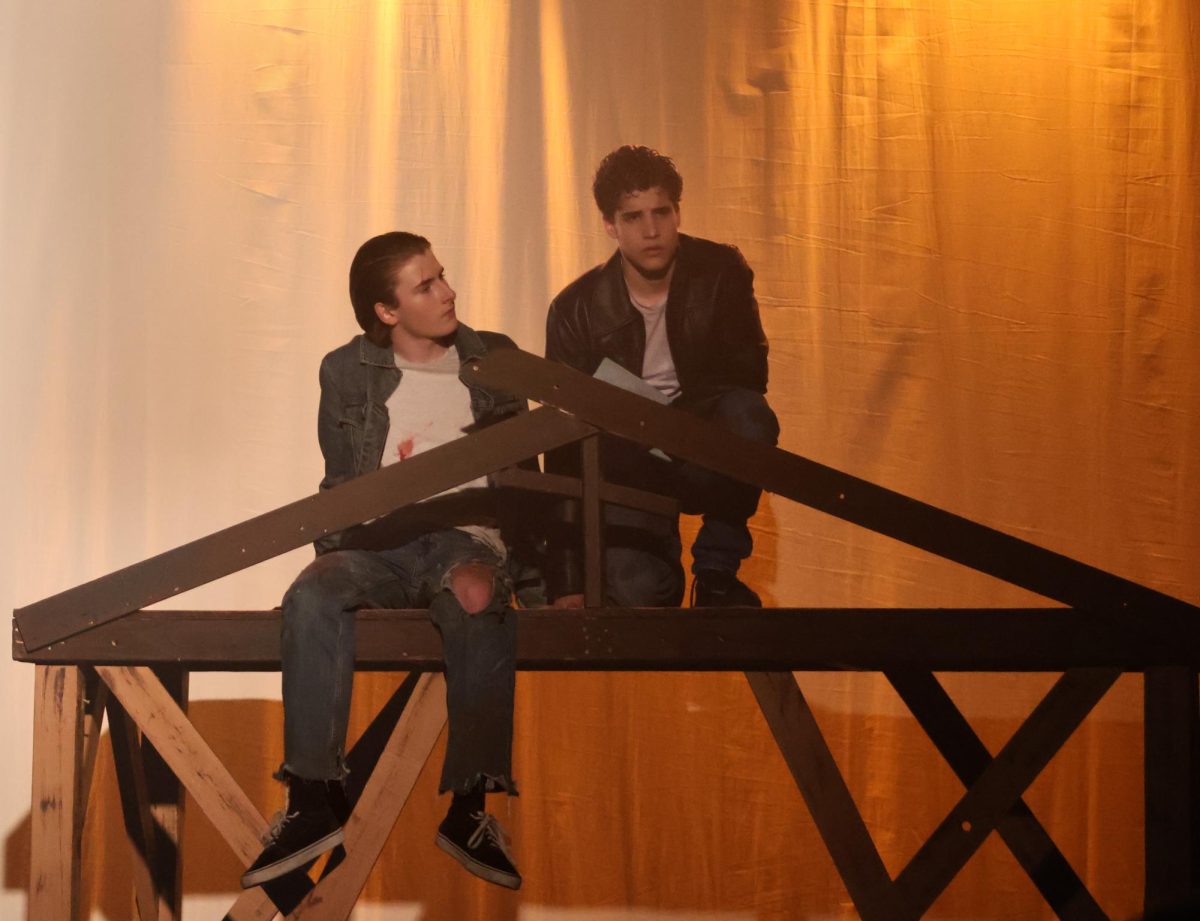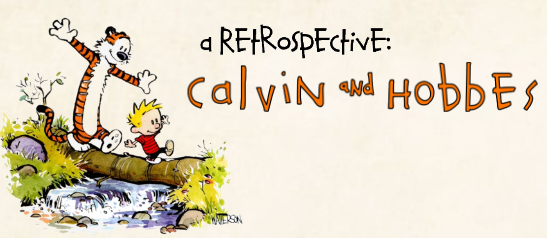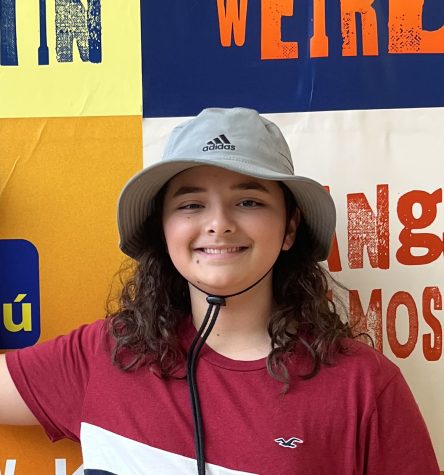A traveling blues, jazz, and R&B band roams in Austin, performing twice a weekend in various venues. A band that formed and united individual performers into an efficient and cohesive musical organ through spiritual happenstance, Rochelle and the Sidewinders work almost like a machine, regularly performing yet still being able to boast a wide discography.
But before they were able to so effectively work together, or even meet, each of the band members had to discover their individual love for music, both in terms of appreciation and creation.
“I was 11 and at summer camp [when I was introduced to playing music],” lead guitarist Tom Coplen said. “The camp counselor who was really, really, really old—I think he was 15—was playing guitar. [I thought] he was awesome, and I was a little kid [who was] into baseball and stuff like that. Then I heard this guy playing Led Zeppelin songs and guitar, and I loved that.”
While Coplen was introduced to music through a distinct experience, lead vocalist Rochelle Creone grew up in a musical environment, surrounded by rhythm and harmony.
“When I was about two or three, I used to sing [in] commercials,” Creone said. “I think it’s just always been in my DNA to love music, because I’ve always loved music, and I’ve always been a poet at heart so I always wrote everything down.”
This musical connection was not only familial though. Creone’s childhood community was bursting with music. Initially singing with organized music groups, she later got sick of it and decided to use her time to pursue other passions such as poetry.
“I grew up in the church,” Creone said. “So I started singing early, had a gospel group for a little while, [then the group] broke up and [I] decided I didn’t want to sing anymore ever. Then, I took a 10 year hiatus [from singing].”
Though it seemed this melodious chapter in Creone’s life had come to a close, something— or someone— seemed to have convinced her otherwise.
“I was looking specifically for someone trying to form a blues band because my grandmother had [passed away],” Creone said. “I was trying to figure out what I wanted to do and her spirit said ‘sing the blues’. I didn’t even really listen to blues a lot, [but my grandmother] would play blues at her house when I would visit for summer. So I just followed that little intuition and started looking on Craigslist for people looking for a lead vocalist. I didn’t know what I was doing, because I had never sung with a band before, and I was just stepping out on the leap of faith that this would work out okay. [Then] I ran across this ad about two weeks into my search that [Coplen] had put up five minutes prior.”
Getting a band together was only the first step in Rochelle and the Sidewinders’ arduous musical journey. Next came actually supporting the band and furthering their musical coalescence, despite facing some obstacles due to the abundance of local musicians in the Austin community.
“[Supporting] anything in the arts is always challenging to say the least,” Coplen said. “In Austin, there’s a lot of supply and some good demand, but it’s always one step forward, two steps back. Originally, I was in other projects, and then I met Rochelle and put all my eggs in her basket. So we were doing one or two shows a month, and then after two or three months, we realized we had a serious musical connection. Then I asked [Rochelle], ‘Hey, do you ever write lyrics? Do you ever write your own music?’ [and] she goes, ‘Yeah, I’ve got a whole book of poetry.’ So we wrote our first original song, and ever since then, [we] just cannot stop writing.”
While songwriting is crucial in producing songs, improv is really where the heart of Rochelle and the Sidewinders comes through. Improvising their music allows them to better express themselves than following a rigid song structure.
“[We] improvise almost all of our songs,” Coplen said. “Almost every song has a framework. Within that framework, we improvise. So [the band members] never play the same, [and Rochelle] never sings the same thing [in] the same way. I never play the same solos.”
Though the band had humble beginnings, they have since picked up more traction. What started as playing a show every weekend eventually became 17 shows a month. Despite this steadiness, their music journey has still been impacted by the broader music scene in Austin.
“The Austin music scene is good for consumers because there’s a lot of it all over,” Coplen said. “The bad part about the Austin music scene is what I said earlier about supply and demand: there is so much supply. For example, if we don’t take the show tonight there’s 150 bands lined up behind us.”
In the short run, band logistics are the most important part of the group being able to keep playing music together. However, in the long run large scale fluctuations in music consumption will be the ultimate deciding factor.
“I hope that there’s enough of us to keep R&B, and jazz, and all the old arts alive,” Creone said, “That’s what I hope, because there is another genre that’s trying to consume everything, and we have to keep real musicians [and] real energy from people. We have to keep that alive. We need that connection more than just electronics.”




















